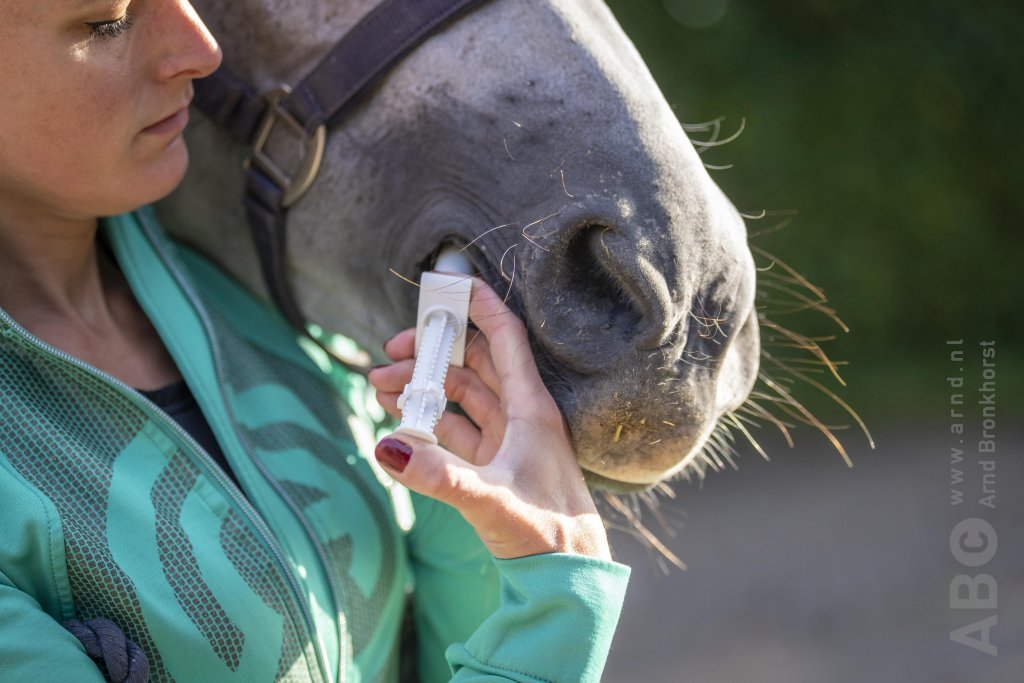Has your horse been losing weight despite you increasing its feed? Does its coat look rough or patchy, and does he have a pronounced potbelly? Maybe it’s rubbing its tail on the wall all night, or maybe it just seems really lethargic and doesn’t want to work.
These can all be symptoms of a parasite problem and can be treated through a course of deworming medication. But there are so many different types of dewormers; how will you know which one is right for your horse? And when is the right time to deworm?
Ways to Deworm
I know of a couple different ways to deworm that many of you will nod and say, “Yep, I used to do that.” There’s the standard fixed interval method of deworming, where you deworm all of your horses at the same time every two months. There’s also the rotational method of deworming, where you utilize a different dewormer every two months. I also knew of a daily dewormer that my college offered to client horses which just looked like a grain supplement.
Working as a vet tech, I learned that you can even take samples of your horse’s manure and have the number of parasite eggs counted. That’s called a fecal egg count. Based on the number counted you would either not deworm (the number is 0 or close to it), or you would administer a course of dewormer.
Head over to the HorseGrooms Community
In the HorseGrooms Community, Laura Elser delves into the most recent deworming guidelines set by the AAEP (American Association of Equine Practitioners) and what it all means. Be sure to sign up for free!

Featured photo courtesy of Arnd.nl.


